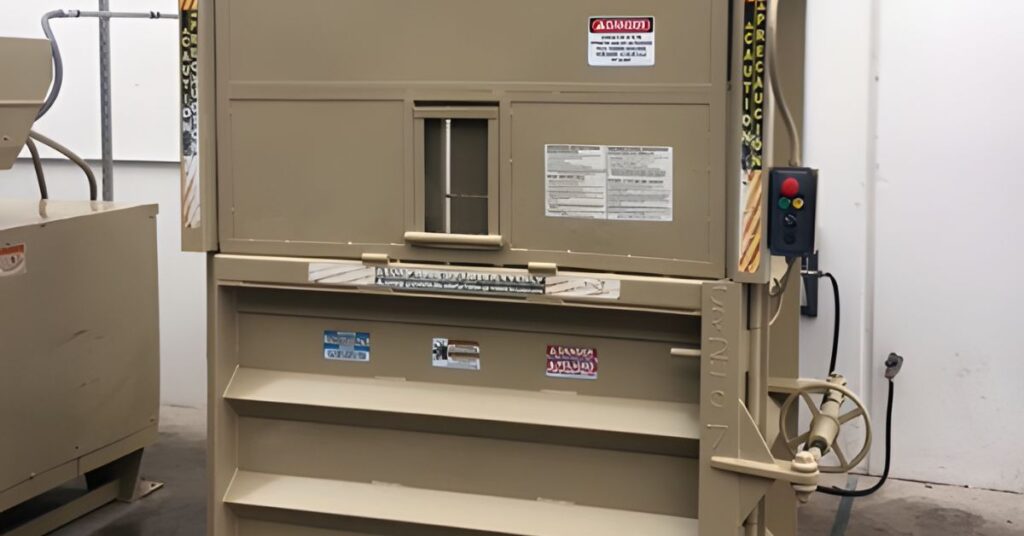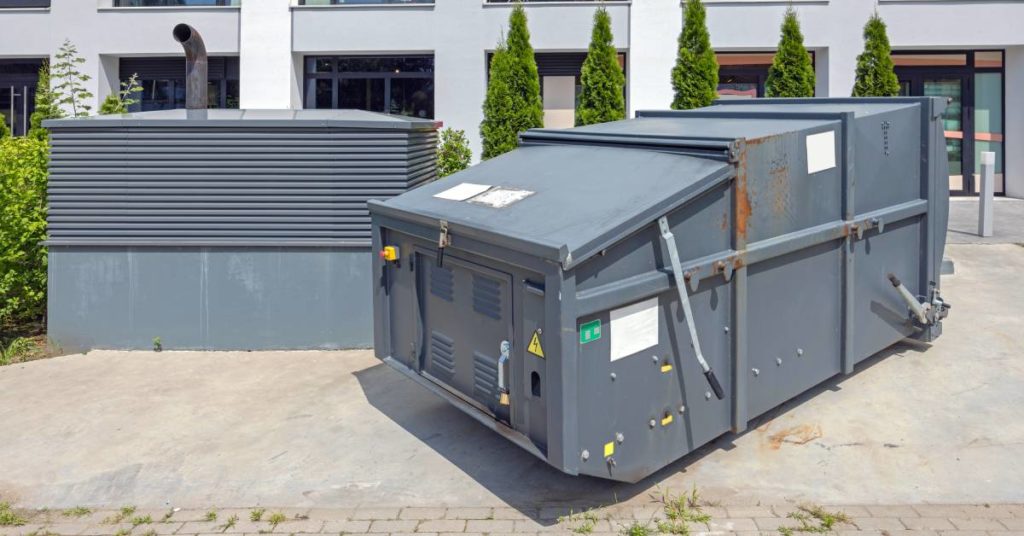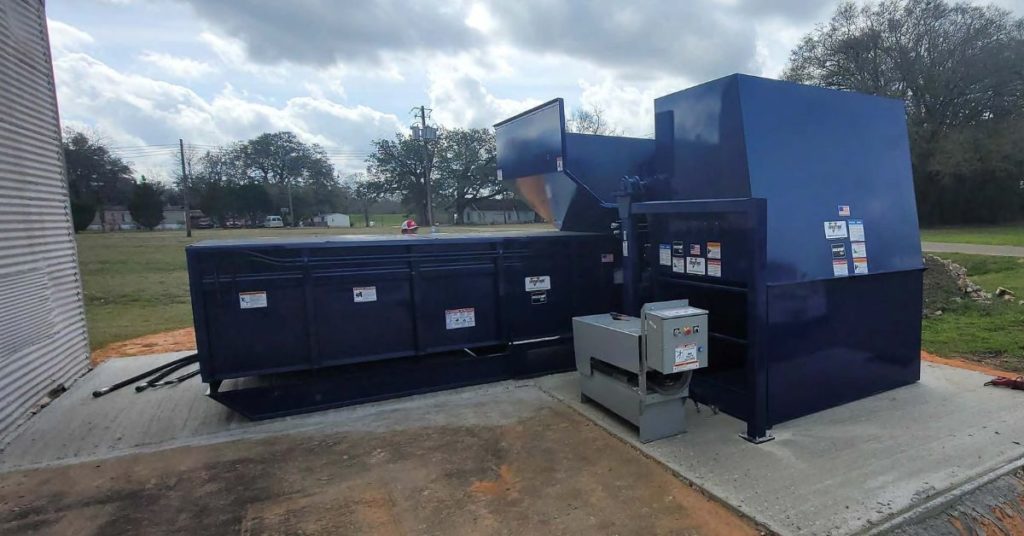Small business owners face mounting pressure to adopt sustainable practices while maintaining profitability. Waste sustainability offers a powerful solution that addresses environmental concerns while delivering measurable cost savings. This comprehensive guide reveals how your business can implement effective waste management strategies that boost your bottom line and enhance your brand reputation.
Sustainable waste management goes beyond simple recycling programs. It encompasses a holistic approach to reducing, reusing, and responsibly disposing of materials throughout your business operations. Companies that embrace these practices often discover significant operational improvements alongside their environmental benefits.
The shift toward sustainable waste management is becoming a business imperative. Customers increasingly choose companies that demonstrate environmental responsibility, while regulatory requirements continue to evolve toward stricter waste management standards. Below, we’re talking all about waste sustainability for small businesses, highlighting how to improve and its benefits.
Why Waste Sustainability Matters for Your Business Growth
Implementing sustainable waste practices influences your business’s financial performance and market positioning. Companies that prioritize waste reduction typically see immediate cost savings through reduced disposal fees and more efficient resource usage.
Environmental responsibility also strengthens your competitive advantage. Modern consumers actively seek businesses that align with their values, and sustainable practices often influence purchasing decisions. This consumer preference translates into increased customer loyalty and expanded market opportunities.
Regulatory compliance becomes simpler when your business proactively adopts sustainable waste management. Rather than scrambling to meet new requirements, companies with established sustainability programs can adapt more readily to changing regulations.
Start With a Comprehensive Waste Assessment
Every successful sustainability program begins with understanding your current waste streams. Conducting a thorough waste audit reveals exactly what materials your business discards and identifies the most potent areas for improvement.
Document all waste types your business generates over a representative period, typically one to two weeks. Track quantities, disposal methods, and associated costs for each waste category. This baseline measurement provides the foundation for setting realistic improvement goals and measuring progress.
Professional waste auditing services provide detailed analysis if internal resources are limited. These specialists identify opportunities that might not be obvious to business owners focused on daily operations.
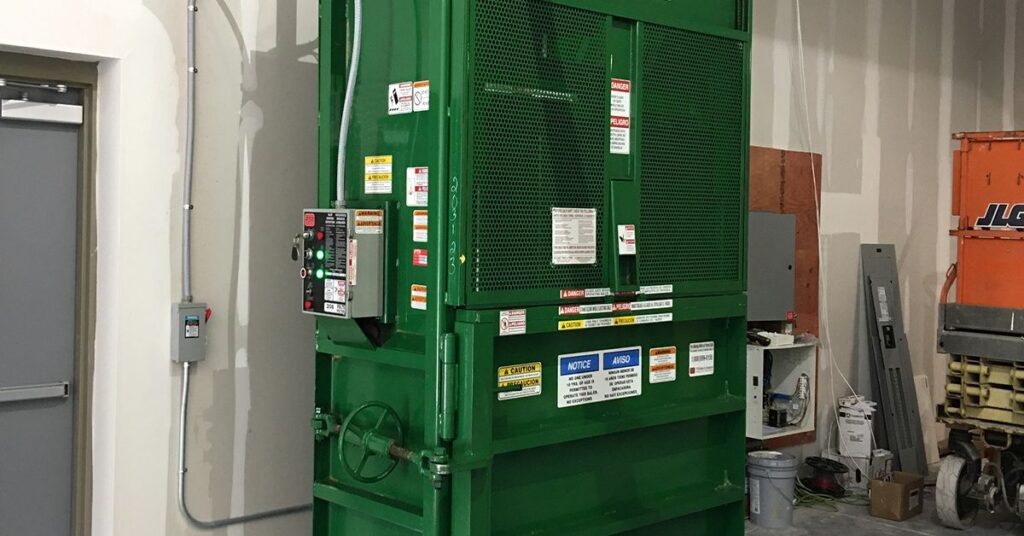
Develop an Effective Recycling Infrastructure
Creating a functional recycling program requires strategic planning and employee engagement. Start by identifying which materials your business generates in sufficient quantities to justify dedicated recycling streams.
Cardboard represents one of the most common recyclable materials in business settings. Companies producing substantial amounts of cardboard waste might benefit from equipment like a vertical cardboard baler, which compresses materials for more efficient storage and transportation to recycling facilities.
Partner with local recycling facilities to understand their requirements and pickup schedules. Many recyclers offer guidance on proper sorting techniques and contamination prevention, which affects the value of your recyclable materials.
Make Smarter Purchasing Choices To Reduce Waste
Procurement decisions significantly influence your business’s waste generation. Evaluate suppliers based on their packaging practices and willingness to support sustainable initiatives. Companies that offer minimal packaging, reusable containers, or take-back programs can dramatically reduce your waste streams.
Consider purchasing items in bulk when storage space and usage patterns support this approach. Bulk purchasing typically reduces per-unit packaging while offering cost savings that improve your bottom line.
Digital alternatives often eliminate paper waste while improving operational efficiency. Invoice processing, document management, and communication systems that operate electronically reduce physical waste and storage requirements.
Implement Composting Solutions for Organic Waste
Businesses that generate food waste or organic materials can significantly reduce disposal costs through composting programs. Even small-scale composting systems can handle coffee grounds, food scraps from employee areas, and organic packaging materials.
Commercial composting services offer convenient solutions for businesses without space for on-site systems. These services often provide collection containers and regular pickup schedules, making participation straightforward for busy business owners.
The compost produced through these programs can support landscaping needs or community garden initiatives. This creates additional value from materials that would otherwise require costly disposal.
Leverage Technology for Waste Management Optimization
Modern technology solutions can streamline waste tracking and optimize collection schedules. Smart waste monitoring systems use sensors to indicate when containers need emptying, preventing overflow situations and reducing unnecessary collection trips.
Digital tracking platforms help businesses monitor waste reduction progress and identify trends in their disposal patterns. These insights support continuous improvement efforts and demonstrate sustainability achievements to stakeholders.
Mobile applications can engage employees in waste reduction efforts by providing feedback on recycling performance and sharing tips for reducing waste generation in their daily activities.
Build Employee Engagement in Sustainability Initiatives
Successful waste sustainability programs in small businesses require active participation from all team members. Training sessions that explain the business benefits of waste reduction help employees understand how their actions contribute to company success.
Recognition programs that celebrate sustainability achievements can maintain momentum and encourage ongoing participation. Simple acknowledgments of departments or individuals who excel in waste reduction efforts often prove more effective than complex incentive systems.
Regular communication about progress and achievements keeps sustainability visible in daily operations. Share cost savings, waste diversion statistics, and environmental impacts to demonstrate the tangible results of employee efforts.
Track Progress Through Data-Driven Metrics
Establishing clear metrics allows businesses to measure the effectiveness of their sustainability initiatives. Track waste generation rates, recycling percentages, and disposal costs to identify trends and opportunities for improvement.
Monthly reporting maintains clear focus on sustainability goals while providing data for decision-making. These reports reveal seasonal patterns, identify successful initiatives, and highlight areas requiring additional attention.
Benchmarking against industry standards provides context for your achievements and identifies opportunities for further improvement. Many trade associations publish sustainability benchmarks that can guide goal-setting efforts.
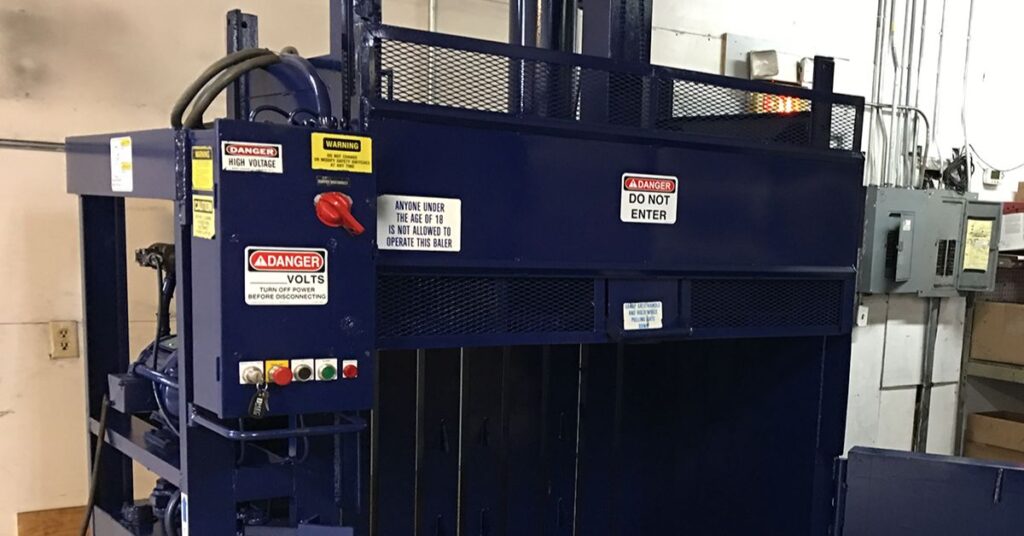
Maximize Cost Savings Through Strategic Waste Reduction
Waste reduction initiatives often generate immediate cost savings that justify investment in sustainability programs. Reduced disposal fees represent the most obvious savings, but operational efficiencies frequently provide additional financial benefits.
Improved inventory management reduces waste from expired or damaged products while optimizing cash flow. Better procurement practices eliminate unnecessary packaging costs while streamlining receiving and storage operations.
Build Long-Term Sustainability Success for Your Business
Creating lasting change requires integrating sustainability principles into your business culture and operational procedures. Develop policies that support sustainable practices and regularly review them to ensure continued relevance.
Supplier relationships also play an important role in long-term sustainability success. Work with vendors who share your environmental values and can support your waste reduction goals through their products and services.
Continuous improvement ensures your sustainability program evolves with your business needs and industry developments. Regular program reviews can identify new opportunities and maintain momentum in your sustainability journey.
Choosing a partner like Compactor Rentals of America can set your small business up for success. We offer rental systems, structured waste management programs, and industry insight to help you do your part in waste sustainability.
